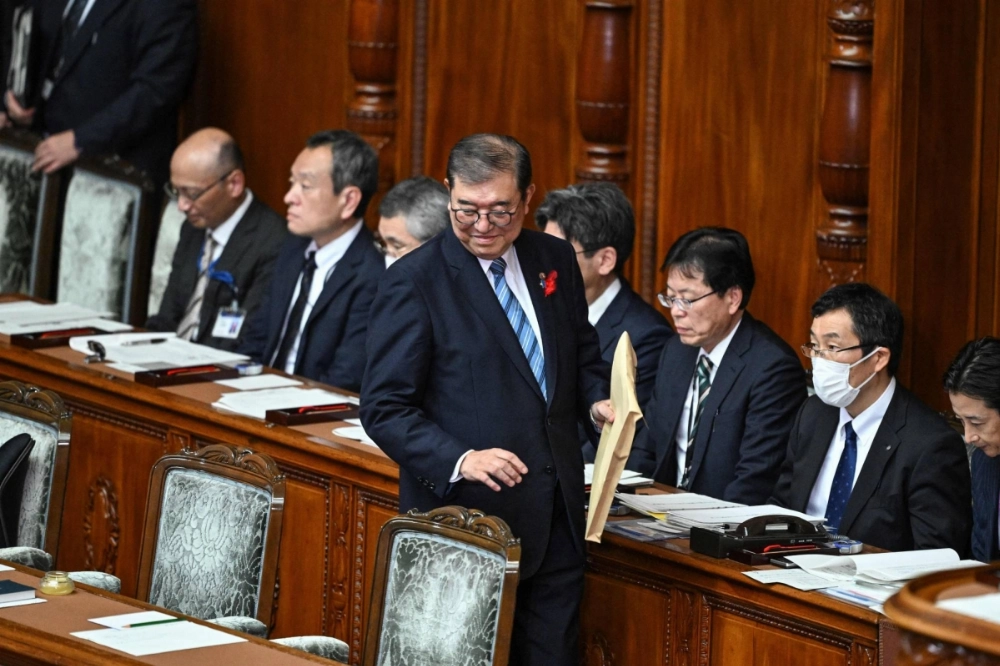Shigeru Ishiba was elected prime minister of Japan this week, a foregone conclusion after winning the vote for Liberal Democratic Party president last week.
The nation's new leader offers a new face for the LDP, an appealing alternative for a party that has been tarnished by scandal and for which approval ratings have been falling.
A considerable part of his appeal stems from his opposition to prevailing currents within the LDP, guaranteeing that he will battle elements of his own party as much as the opposition when he is in power. The internecine struggles will be put off until after the general election Ishiba has called for on Oct. 27. After that ballot, though, he will be tested by external events as well as internal forces. It promises to be a rocky tenure at a time when Japan needs stability at the top levels of national leadership.

















With your current subscription plan you can comment on stories. However, before writing your first comment, please create a display name in the Profile section of your subscriber account page.